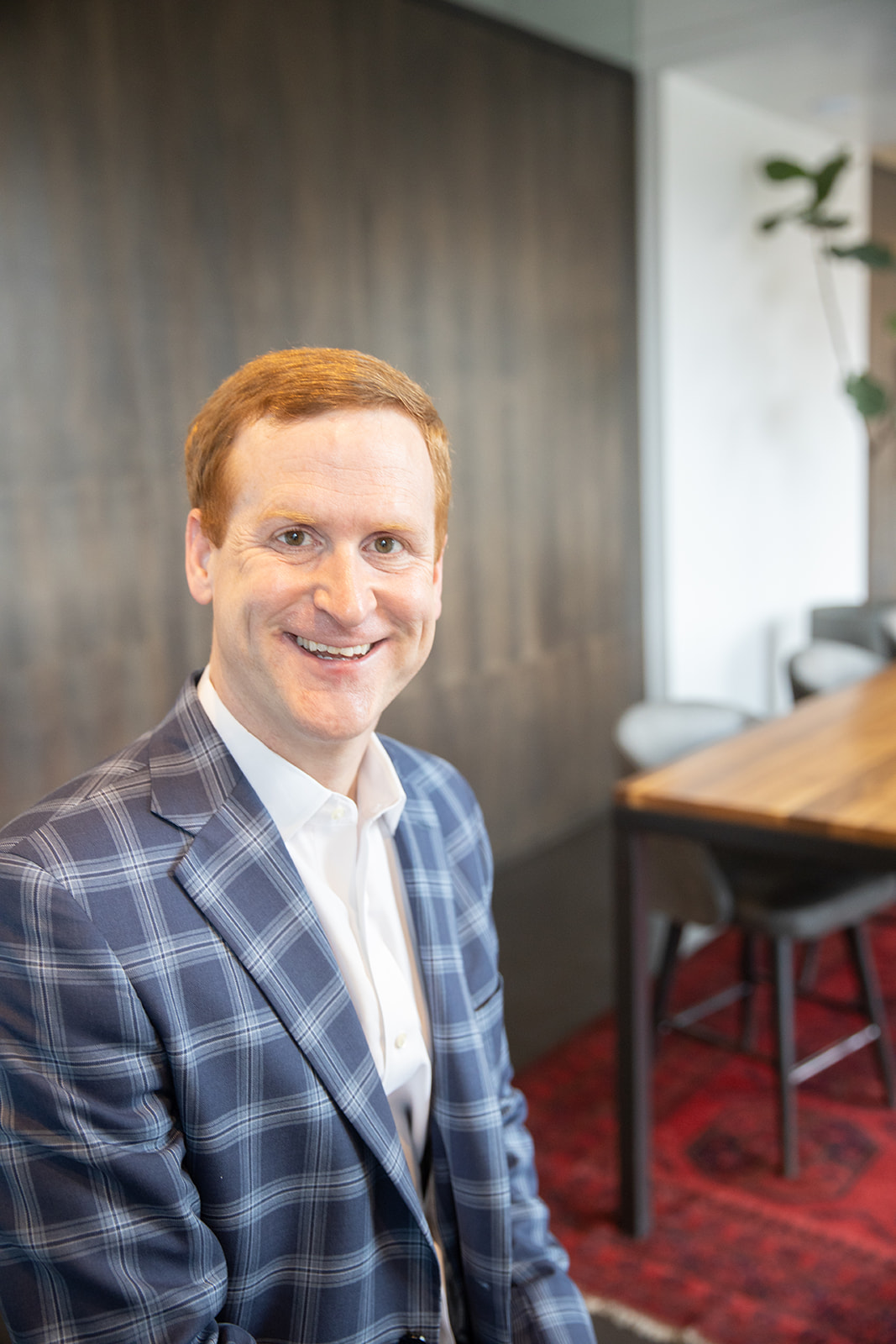
Head-on collisions are not one of the most common types of accidents, but they can be one of the most deadly.
The impact in a head-on collision is often severe, resulting in catastrophic or fatal injuries. Determining fault in a head-to-head collision can be complicated.
If you or someone you love sustained injuries in a head-on collision, speak with an experienced Alabama car accident lawyer.
Alabama Is a Contributory Negligence State
Alabama is one of a few states that still follow the very restrictive legal theory of contributory negligence. That means if you are even 1% at fault, the law will bar you from any recovery.
In other states, you may be allowed to collect a portion of your damages if you share a percentage of fault. In Alabama, you cannot.
That is why it’s so important to have a skilled legal advocate on your side. You need our expertise to help you prove liability against the other driver.
The Importance of Hiring an Alabama Car Accident Lawyer
The other driver’s insurance company will do their best to find anything they can use against you, so you have at least 1% fault. They can try to close their case and wait for you to file a lawsuit by denying liability.
Many claims adjusters have no incentive to try to resolve the case because they would instead take their chance in litigation.
You should not speak with the other driver’s insurance company without legal representation. The liability claims adjuster will ask you to give a recorded statement hoping you say something that they can use against you.
However, the other driver’s insurance company is prohibited from speaking with you when an attorney represents you. All communication will go through your Alabama car accident lawyer.
Proving Negligence Against the Other Driver in a Head-on Collision
Liability in a head-on collision is handled the same as with any other type of collision. Before collecting compensation in a personal injury case, you must prove the four elements of liability.
The first element is the duty of care. Every motorist owes every other one a duty of care. Drivers must drive safely and responsibly, which means obeying traffic laws and regulations.
The second element is a breach of duty of care. Did the other driver breach the duty of care by driving irresponsibly?
For example, someone driving under the influence of alcohol and speeding has violated their duty of care.
Causation is the third element of negligence. A person could be speeding or driving drunk, but if that is not the cause of the collision, you haven’t met the burden of proof for negligence.
The final element is damages. You must show financial losses from the collision. Examples include medical expenses, lost wages, property damage, etc.
Head-on collision injuries tend to be severe, which makes proving damages pretty straightforward.
It’s not uncommon to need an accident reconstructionist or other expert to weigh in on liability. Your attorney may contact one of their preferred experts.
The expert will review the case and draft a report on what caused the collision. If necessary, they may need to give a statement under oath at a deposition or in the trial that supports your version of events.
Contact an Alabama Car Accident Lawyer
Don’t try to pursue a claim for head-on collision injuries alone. Let the skilled legal team at Fob James Law Firm assist you. We have over four decades of personal injury experience helping injured victims just like you.
We are well-versed in fighting insurance companies who are quick to place any fault on the other driver.
If the insurance company refuses to accept liability or negotiate a fair settlement, we aren’t afraid to take a case to trial. Our primary concern is to protect your rights.
Contact our office today to schedule a consultation to learn more.
